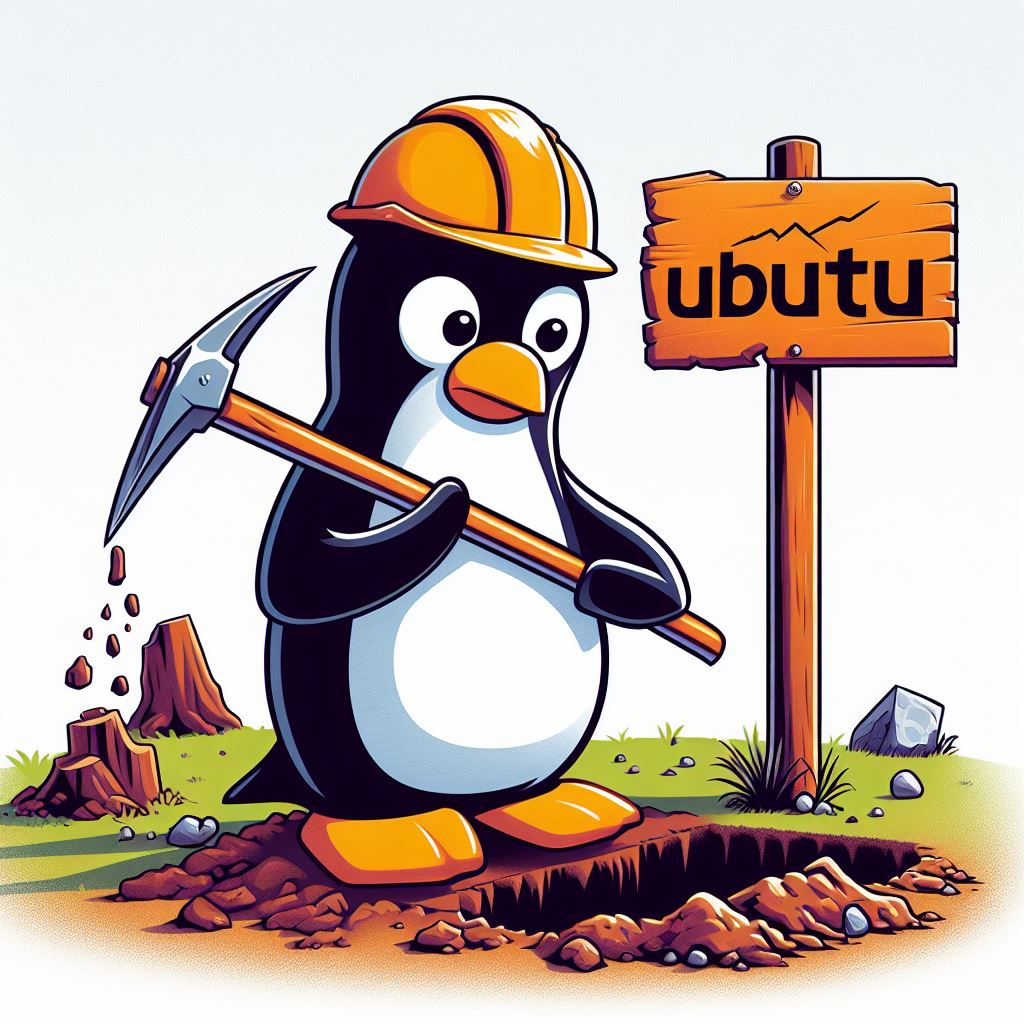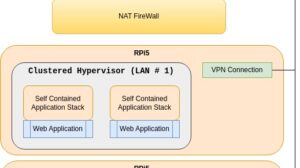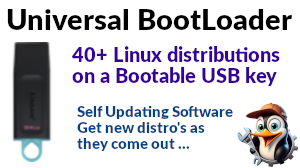A little background
Once upon a time, probably back in 1995 I was a comitted RedHat fan. Back in the days when RedHat was proper free software. Then in 2003 when they commercialised post V9, I briefly switched to Fedora. At the same time 64-bit architecture was becoming a thing and unfortunately, 64-bit Fedora just wasn’t terribly stable, so I found myself switching to Gentoo.
Then in 2005 there was Ubuntu, which (subject to experimenting with other distro’s) I’ve used ever since. Indeed I’ve recommended it to many many people over the years and for the most part, I think it’s done a good job.
And now …
After 19 years on Ubuntu, my desktop no longer runs Ubuntu. I’m in the process of migrating everything “off” of Ubuntu. (although this may take some time)
[Indeed, for the first time ever I’m running on a desktop computer that was manufactured in the UK (!)]
Why the sudden change of heart?
Well, not necessarily so sudden. Ubuntu for me has always been partly a least worst option combined with a perception of stability and support. Over the years all three have been eroded to the extent it no longer wins for me on any count.
So what now?
Ironically given some of my historical comments, I’ve switched to a vanilla Debian / Gnome installation. It turns out that Debian with Gnome on top doesn’t exhibit any of the historical issues I’ve had with Gnome on Ubuntu. All of the desirable features I’ve associated with Ubuntu, well, they all seem to be available as a part of Debian.
So I’m no longer working with the least worst option. Debian seems to have all the features I want and see in other distributions. If anything it seems “more” stable than some of it’s derivatives (like Ubuntu) and as for support, well, I’ll come on to that ![]()
The MAIN issue for me however is now clear.
Debian conforms to my definition of free, Ubuntu does not.
Specifically …
Well on the quality front, I’ve been experimenting with Ubuntu and Debian running on ARM64 hardware as both seem to have invested considerable effort into becoming the go-to option for ARM users.
One for me has proven stable, the other problematic.
The other issue is the free thing. With Debian, whereas there is a non-free repository covering software with licenses that are considered not to be Open Source, the distribution as a whole is generally covered by GPL, BSD and MIT style licenses. To that end, within the scope of Open Source, you’re not really limited in terms of what you do with it.
Ubuntu on the other hand give you permission to redistribute unmodified copies of their ISO installer, but beyond that it gets interesting. Turns out that if you want to sell someone a computer that has Ubuntu on it, you need a license from Ubuntu (!)
[this is not selling Ubuntu, this is just selling a computer with a free copy pre-installed]
This to me is a million miles from being Open Source. Well, just to add the context of the license they want to sell you, it’s 50,000 miles away from being Open Source (!)
But …
Yes, I know, there are some wonderful tweaks in Ubuntu that you might lose if you switch to Debian. Well, it would seem from what I can see, over the years they’ve moved away from their own tweaks and instead adopted Open Source tweaks. (or, they’re released their tweaks to the community as Open Source)
- The Unity Dock! … yeah, they now use the Gnome dock
- The theme and fonts … yeah, now all available in the Debian repos.
- Enhanced desktop behaviours … yeah, install gnome-tweaks and gnome-extensions, it’s all there as far as I can see!
Even better, there’s stuff in the Debian repo’s that isn’t in the Ubuntu repo’s. Just simple stuff like, I want to display the CPU temperature in the desktop title bar. On Ubuntu I had to run psensor which is a little cumbersome. On Debian there’s a nice shell extension;
![]()
Also a nice extension for handling dual screens, which might be there in Ubuntu but it’s not something I’ve seen.
What we don’t have …
Over the years Ubuntu seem to have arrived at the conclusion that they can do it better than anyone else. Some prime examples might include things like Unity. As it turns out, that’s not always the case.
-
In Debian we don’t have frequent prompts for you to “go pro”, which I’ve found is actually putting some “users” off doing updates and upgrades as they think they might be getting a bill for something.
-
In Debian, we don’t need to worry about paying a huge license fee for using the software.
-
In Debian, we’re less likely to be subject to “we can do it better” or “we need this for our cloud initiative” implementations that don’t necessarily align with other distributions or indeed the way we want to work. (netplan anyone?)
-
In Debian, we’re less likely to see the plug pulled on a major project thus causing people who have invested heavily in something they thought was supported, to be left high and dry. (LXD anyone?)
Conclusion
One of the reasons I’ve invested over the years in Open Source is because it is essentially free software. Anybody and everybody can use it. Nobody is going to chase you for a license fee. I’ve seen companies maybe infringe on this a little from time to time and not thought too much of it. My recent experiences however of trying to “push” Linux have made me think that this is way more of an issue than I’d previously appreciated. True Open Source projects deserve a little more help than they’re getting.
1 post - 1 participant








